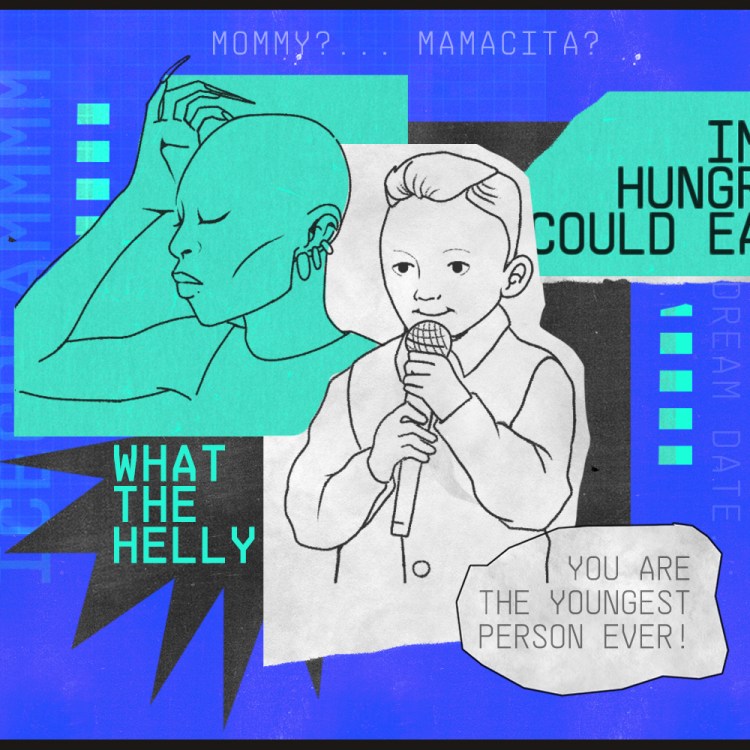Recently, there has been a debate about whether or not politicians’ words, namely the president’s, really matter. Since he has been in office, President Trump has relentlessly demonized his political opponents as “evil” and belittled them as “stupid.” He has called undocumented immigrants animals and journalists “enemies of the people.”
In an opinion piece in The New York Times, psychiatrist Richard A. Friedman writes that Trump’s rhetoric has been a powerful contributor to our “climate of hate,” and that it is then amplified by the right-wing media and virulent online culture. Friedman writes that it is of course difficult to prove that incendiary speech is a direct cause of violent acts, but he says that humans are indeed social creatures, who are easily influenced by the rage that appears to be everywhere these days.
A series of Polish studies confirmed that repeated exposure to hate speech can increase prejudice and desensitize individuals to verbal aggression. Politicians who stoke anger and fear in their supports provoke a surge of hormones, writes Friedman, like cortisol and norepinephrine, and engage the amygdala, the brain center for threat. One study show that threatening language can directly activate the amygdala, which makes it hard for people to dial down their emotions and think before they act.
Thanks for reading InsideHook. Sign up for our daily newsletter and be in the know.


















